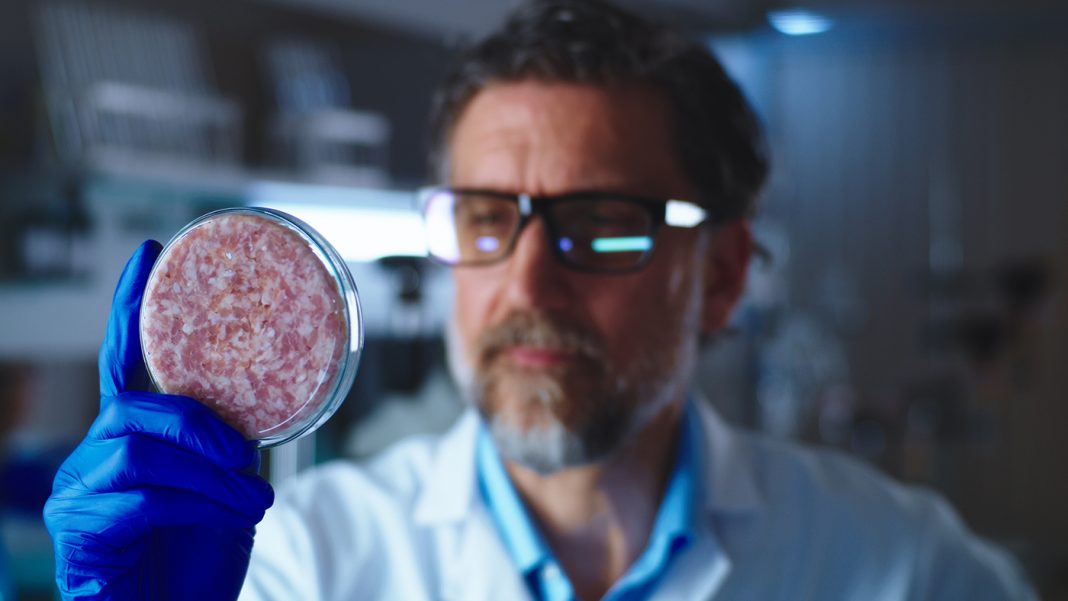The Food Standards Agency (FSA) has won a bid to run a programme designed to make sure cell-cultivated products are safe for consumers to eat before they are approved for sale.
The FSA, in collaboration with Food Standards Scotland (FSS), is to be awarded £1.6 million in funding from the Government’s Engineering Biology Sandbox Fund (EBSF) to launch an innovative sandbox programme for cell-cultivated products (CCPs).
CCPs are new foods made without using traditional farming methods such as rearing livestock or growing plants and grains. Using science and technology, cells from plants or animals are grown in a controlled environment to make a food product.
The UK is one of the largest potential markets for CCPs in Europe, but currently there aren’t any approved for human consumption here. This is because CCPs are new, complex and unlike anything previously available in the UK.
The sandbox programme will allow the recruitment of a new team to work across the FSA and FSS. They will gather rigorous scientific evidence on CCPs and the technology used to make them.
This information will enable well-informed and more timely science and evidence-based recommendations to be made about product safety and address questions that must be answered before any CCPs can enter the market. It will also allow companies to be better guided on how to make products in a safe way and how to demonstrate this.
Professor Robin May, FSA Chief Scientific Advisor, said: “Ensuring consumers can trust the safety of new foods is one of our most crucial responsibilities. The CCP sandbox programme will enable safe innovation and allow us to keep pace with new technologies being used by the food industry to ultimately provide consumers with a wider choice of safe foods.”
As part of the sandbox, the FSA will also be able to offer pre-application support to CCP companies and address key questions, for example around labelling.
The volume of evidence and expertise built up by the end of the two-year programme means that the FSA will be able to process CCP applications more swiftly and support businesses better in their applications. The sandbox will also help develop assessment approaches that can be applied to other innovative foods, helping support innovation across the global food sector.


